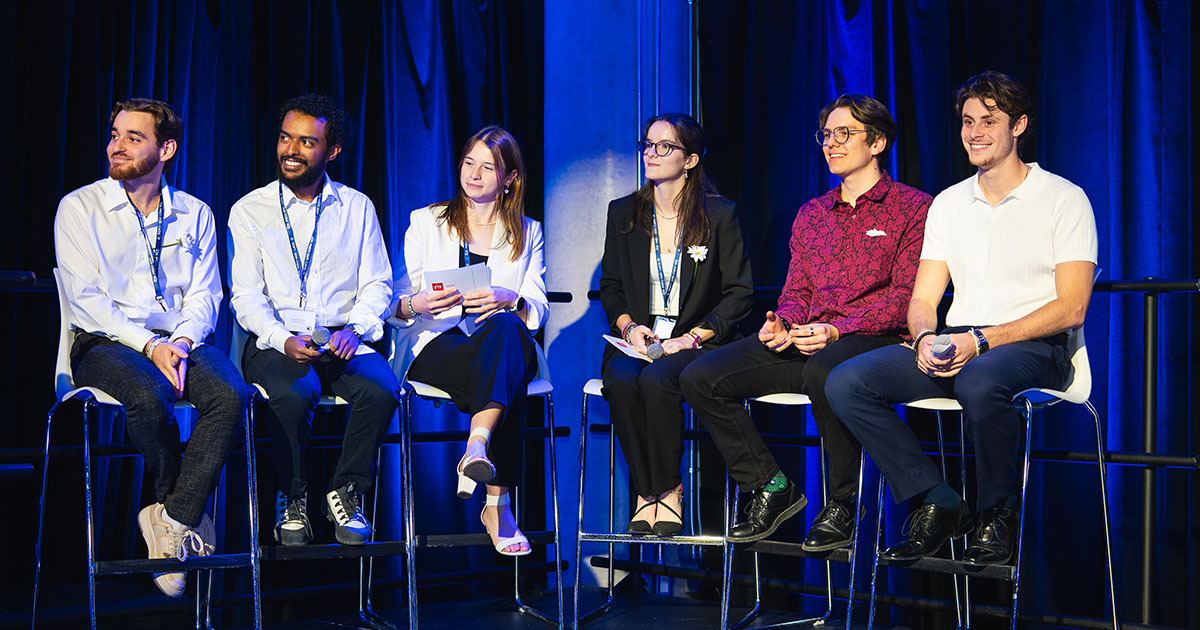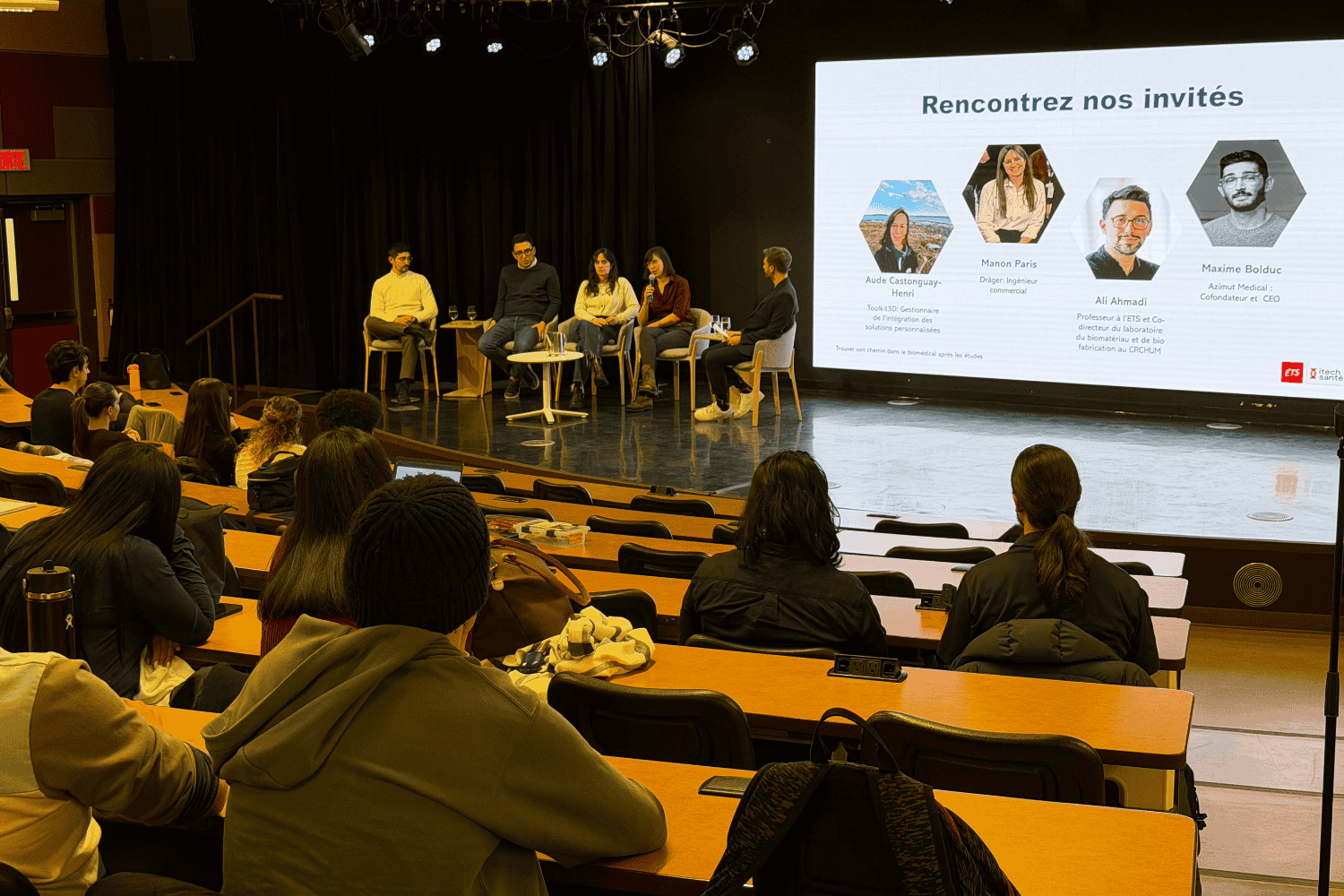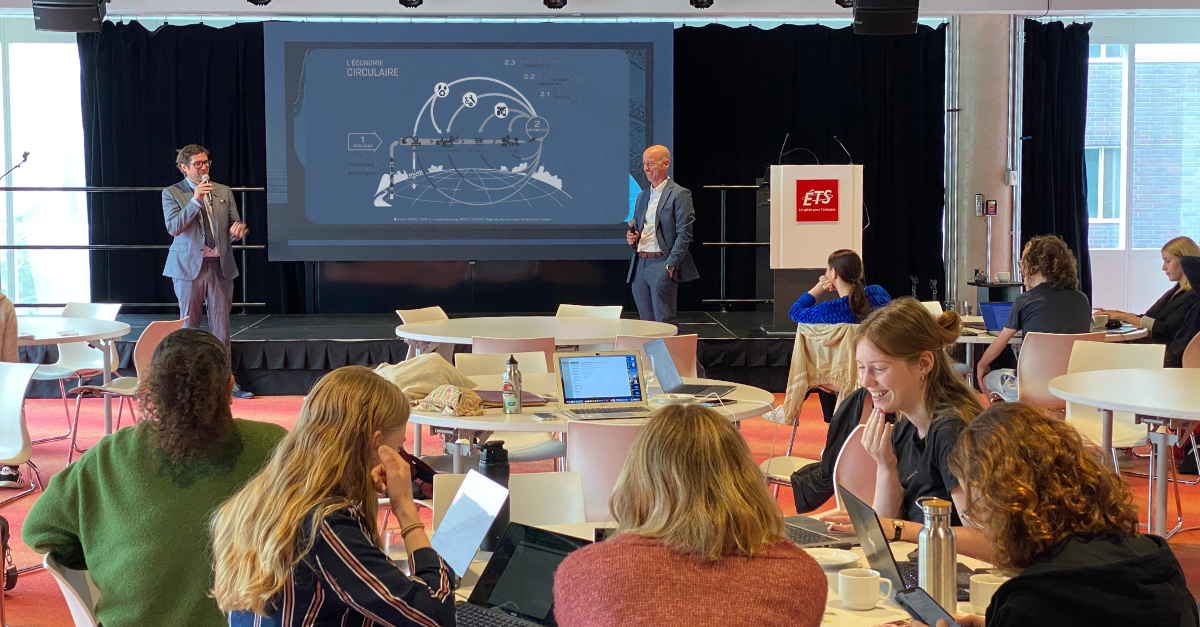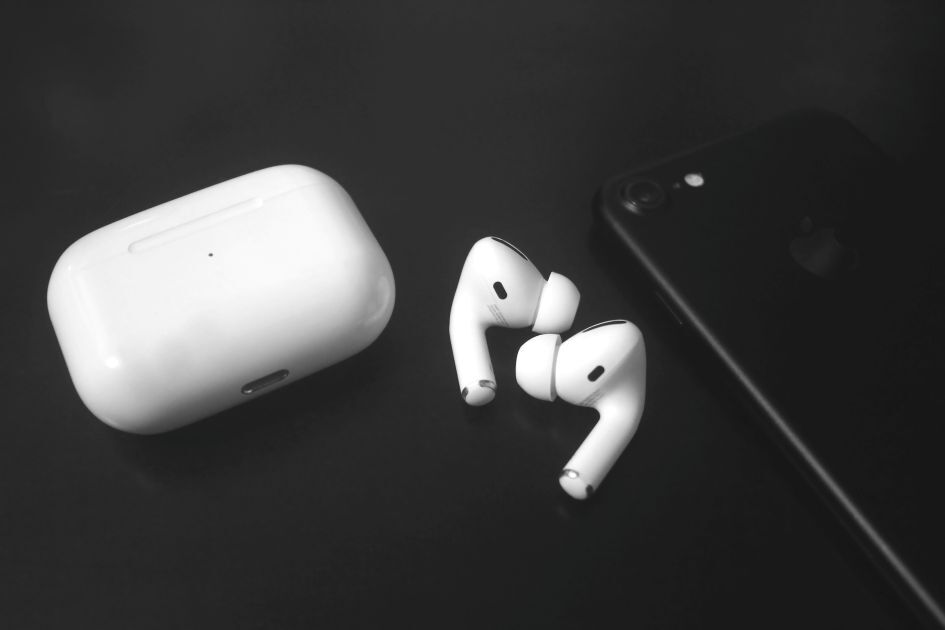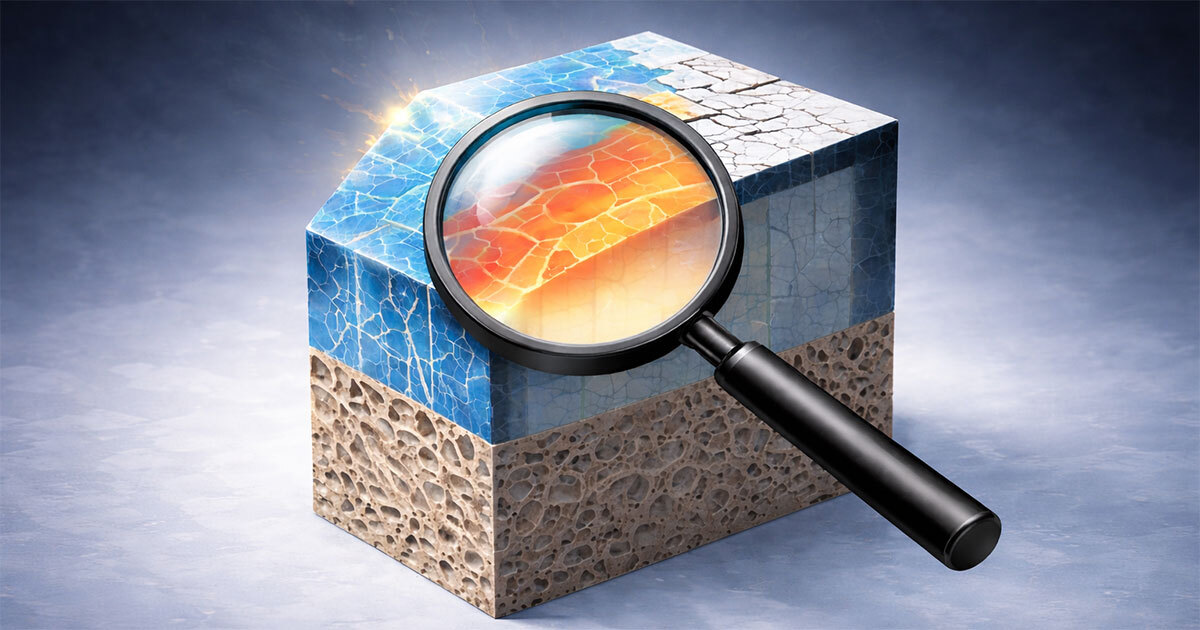ÉTS News
Recent News
March 04, 2026
École d’été en économie circulaire 2026
March 04, 2026
Measuring Circularity for Real Impact Reduction
March 02, 2026
Creating Custom Materials Through Additive Manufacturing
1
You are currently on this page
2
Go to page: 2
3
Go to page: 3
...
329
Go to page: 329
Go to next page


